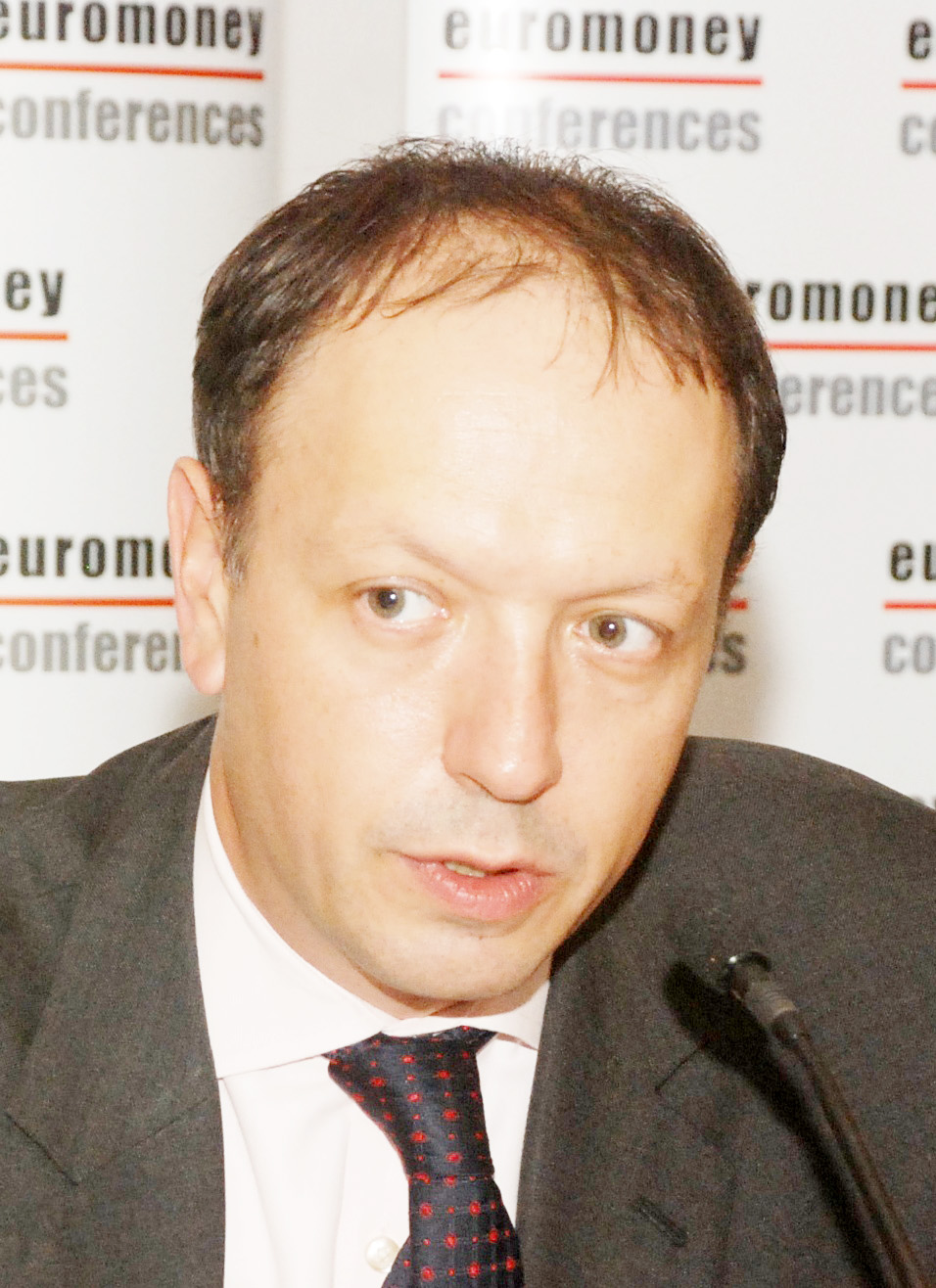
By Richard Banks
Ramadan is, amongst other things, a time for reflection, for taking stock and for gaining perspective. It is always an interesting time for a foreigner to be in Cairo. The legendary hospitality of the Egyptians is in full force and it is never hard to see why everyone looks a little drained first thing in the morning. This year it has been even more illuminating.
During the last week I have been honoured to meet many Egyptian business people, civil servants, politicians and financiers – as well as foreign investors. On the positive side – every one of them believes in the fundamental investment case for Egypt and believes in the strength and endurance of the people. They also all believe that Egypt will take its rightful place in the regional and global economy. But they differ markedly in when this will happen and what might happen between now and then.
I believe these things too. But I also know that the next six months will be, arguably, the most crucial in economic terms since January 2011. Egypt’s economy is, apparently, still growing. But, like its European counterparts – it is very hard to see where real growth is coming from. When put against the population growth numbers it is very hard to say that it is really growing at all. But the economy has not collapsed. The currency remains stable, banks (and the government) remain solvent and most (but not all) businesses are running. But for how long?
Now there is a President, a Prime Minister and a Cabinet crunch time is here. There is no more “interim”, “caretaking” or “acting”. This is it. Time to get to work. The nation must sign an accord with IMF so international financing can flow. Reform and pragmatic liberalisation has to start. Focus now must be on the economy. The alternative is, at best, further stagnation and, at worst, a significant economic crisis.
Egypt and Egyptians know that they cannot survive on their own. Egypt doesn’t have the option of economic isolation. And that is a good thing. Eventually the country will adopt economic policies which encourage business (real business, not speculation) because a strong, competitive private sector-driven economy is the only solution to Egypt’s social and political challenges.
I sincerely hope that the new Egypt acts, collectively and swiftly, to send a message of confidence in its own economic future. There is every reason to believe that Egypt, among all the Arab nations, can build a modern, competitive, diversified and equitable economy. It is not going to be easy and it is not going to be quick. But if there is vision, leadership and commitment across the board then it will start to happen immediately. If there is vacillation, delay, procrastination and timidity then the situation will get worse (maybe much worse) until, after an economic collapse, a sensible strategy must finally emerge.
I hope all Egyptians enjoy the remainder of Ramadan and the Eid holiday – they deserve to. Then, as summer ends let’s all roll up our sleeves and get to back to work with a renewed sense of purpose and hope for this great country and its wonderful people.
Richard Banks is the director for MENA/Emerging Markets, Euromoney Conferences




